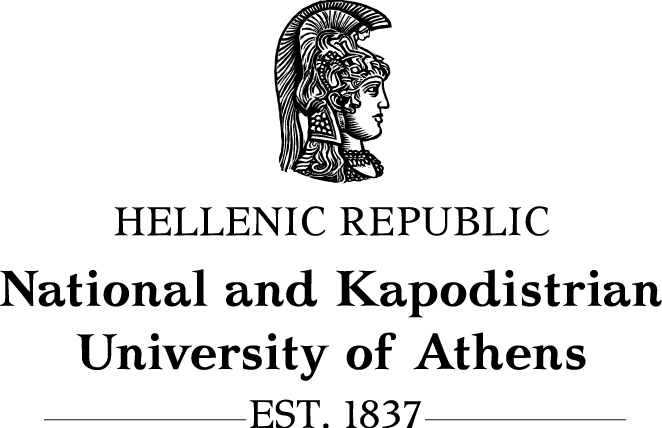ECONOMETRICS II
Compulsory Course - 2nd Semester (Spring 1st year) | Course ID: 008 | E-Class
Lecturer
Dimitrios Moschos
Language of instruction
Greek
Course outline
- Panel data models: least squares estimator, fixed effects estimator, random effects estimator. Properties and selection of an appropriate estimator. Dynamic Panel models and estimation methods.
- The Maximum Likelihood Estimator: Hypothesis testing and model selection.
- Discrete choice models: Qualitative (dichotomous or polychotomous) explanatory variables. Logit and Probit models and their estimation by the Maximum Likelihood Method.
- Time series models: Stationary and non-stationary series. Non-stationarity and unit roots. Statistical tests for unit roots in economic time series data.
- Models of stationary time series: Dynamic econometric models and long-run equilibrium. Short-term multipliers (elasticities) and long-term multipliers and long-term multipliers (elasticities). Models with autoregressive terms and explanatory variables with distributed time lags (Autoregressive Distributed Lag Models)
- Models with non-stationary time series: The spurious regression problem. Cointegration and long-run equilibrium. Statistical tests of cointegration. Cointegration and Error Correction Models.
- Vector Autoregression Models and Vector Error Correction Models.
- Short and long-term Granger Causality.
Bibliography
- William H. Green, Econometric Analysis, 7th edition, Essex, Pearson, 2012.
- Jack Johnston and John Dinardo, Econometric Methods, 4th edition, McGraw-Hill, 1996.
- James H. Stock and Mark W. Watson, Introduction toEconometrics, 4th edition, Pearson, 2020
- Fumio Hayashi, Econometrics, Princeton, NJ, Princeton University Press, 2000.
- Γεώργιος Κ. Χρήστου, Εισαγωγή στην Οικονομετρία, Α και Β Τόμος, Αθήνα, Gutenberg, 2004.
- Ηλίας Τζαβαλής, Οικονομετρία, Αθήνα, Έκδοση Οικονομικού Πανεπιστημίου Αθηνών, 2008
Assessment
Written assignment-examination in Greek (handed in before the written exams) and written exams after the end of the semester as well as a re-examination in September. The examination paper and the written examinations are of equal value. The answer to each question will receive a certain number of points explicitly specified.
